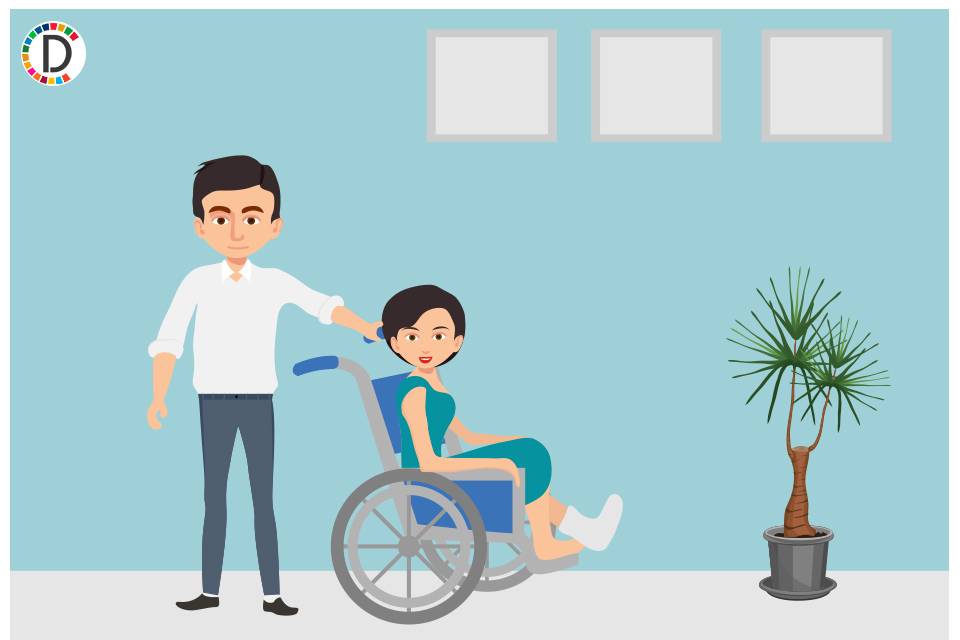CDC's Revised Stance on COVID-19 Vaccines for Children Sparks Debate
The CDC allows COVID-19 vaccines for healthy children under a 'shared decision-making' model with parents and healthcare providers. This approach, amid Health Secretary Kennedy's declaration to drop these vaccines from the immunization schedule, has garnered criticism and calls for maintaining vaccine options for vulnerable groups.

The Centers for Disease Control and Prevention has announced that COVID-19 vaccines remain an option for healthy children, provided there is agreement between parents and healthcare providers. This comes in light of Health Secretary Robert F. Kennedy Jr.'s claim that the CDC would remove the shots from its immunization schedule.
A new schedule published by the CDC stresses that vaccinations for children aged 6 months to 17 years should involve shared clinical decisions. This deviates from previous guidance to vaccinate all aged six months and older, based on expert panel recommendations. Kennedy, known for his skepticism towards vaccines, suggested that recommendations for healthy children and pregnant women were removed.
Kennedy's statement faced backlash from medical experts who argue that this approach undermines governmental processes for vaccine decision-making and could restrict insurance coverage for vulnerable citizens. The Infectious Diseases Society of America expressed concerns that this makes health choices more difficult, potentially harming children who may develop severe illness or long COVID.
(With inputs from agencies.)
- READ MORE ON:
- CDC
- COVID-19
- vaccines
- children
- immunization
- Kennedy
- healthcare
- parents
- decision-making
- influence
ALSO READ
India's Healthcare Sector Envisions Robust Growth Amid Drug Innovations
Take Solutions Revolutionizes Healthcare with Anthropic's Claude AI
Lokmat Times Excellence in Healthcare Awards 2023: Celebrating Pioneers
Kerala's Health Sector Turmoil: Satheesan and George Trade Blows Amid Healthcare Crisis
Vaidya 2.0: Revolutionizing Healthcare with AI at India AI Impact Summit










